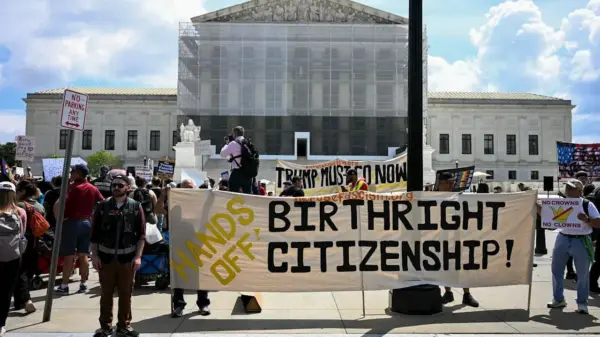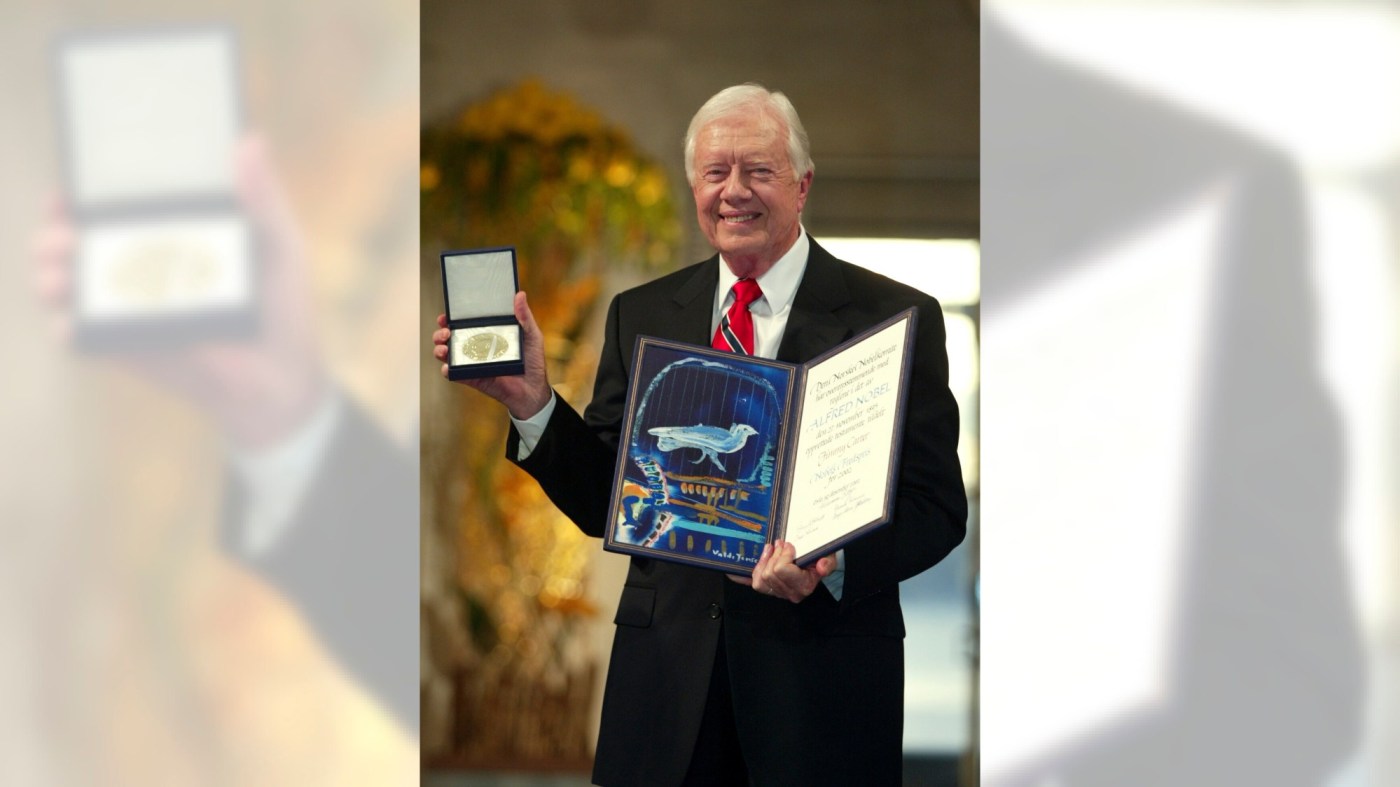UPDATE: Today, October 11, marks the anniversary of former President Jimmy Carter being awarded the Nobel Peace Prize in 2002 for his tireless efforts in resolving international conflicts and advocating for human rights through The Carter Center. This significant achievement continues to resonate, highlighting Carter’s enduring legacy in global peace initiatives.
As we reflect on this pivotal moment, it’s essential to recognize the broader implications of such a prestigious award. Carter’s recognition emphasizes the ongoing struggle for human rights worldwide and the importance of diplomatic efforts in resolving conflicts. The Nobel Peace Prize remains a vital symbol of hope and progress.
On this date in history, several notable events occurred. In 1906, the San Francisco Board of Education controversially segregated Asian students, a decision that was later rescinded by President Theodore Roosevelt following negotiations regarding Japanese immigration.
The space exploration community also commemorates the launch of Apollo 7 on October 11, 1968. This mission marked the first crewed flight of the Apollo program, featuring astronauts Walter Schirra Jr., Donn F. Eisele, and R. Walter Cunningham, paving the way for future lunar explorations.
In 1984, astronaut Kathryn D. Sullivan made history as the first American woman to walk in space, spending over three hours outside the Challenger shuttle. Sullivan’s achievement remains an inspiration for women in STEM fields and beyond, showcasing the critical role of diversity in space exploration.
The political landscape also witnessed major developments on this day. In 1986, President Ronald Reagan and Soviet leader Mikhail S. Gorbachev initiated crucial talks in Reykjavik, Iceland, focusing on arms control and human rights, a pivotal moment in Cold War history.
The AIDS Memorial Quilt debuted during the Second National March on Washington for Lesbian and Gay Rights in 1987, serving as a powerful testament to the impact of the AIDS crisis on the LGBTQ+ community and the ongoing fight for equality.
In a significant political moment in 1991, Anita Hill accused Supreme Court nominee Clarence Thomas of sexual harassment during Senate hearings, igniting nationwide discussions about sexual misconduct and justice.
More recently, in 2021, Jon Gruden resigned as coach of the Las Vegas Raiders amid controversy over past offensive comments, highlighting the evolving conversations around accountability and conduct in sports.
As we celebrate these historical milestones today, it’s also a time to honor the birthdays of notable figures including former U.S. Defense Secretary William Perry, who turns 98, and actor Amitabh Bachchan, who is now 83. Their contributions continue to influence their respective fields, inspiring generations.
Stay tuned as we continue to reflect on these significant moments in history, emphasizing their relevance to the ongoing struggles for peace, equality, and justice worldwide.






































































